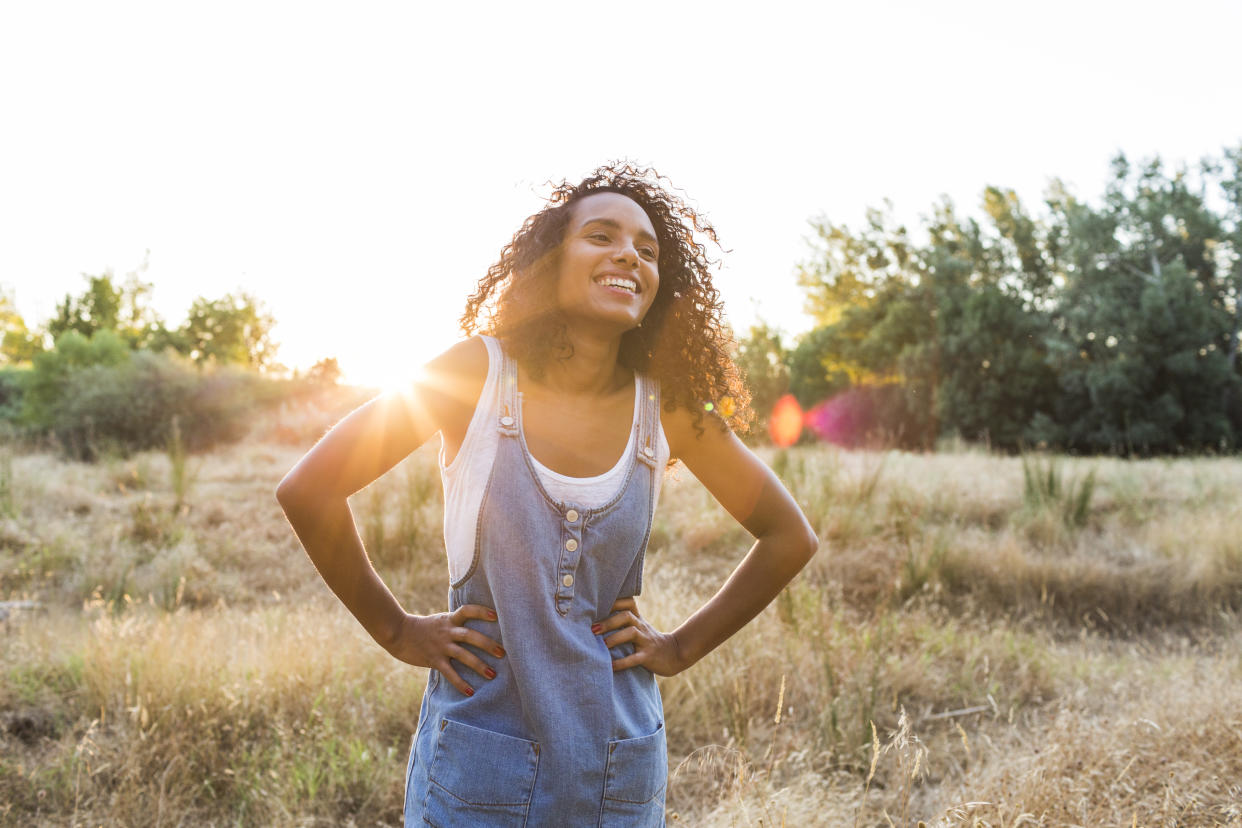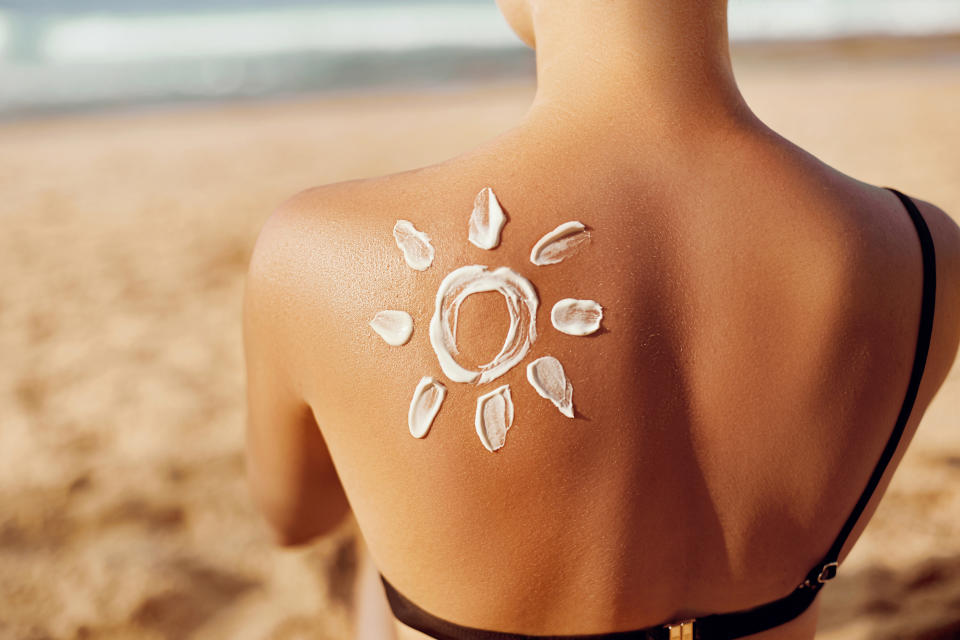'The sun isn’t only strong abroad': Two in five Britons soaking up more UV rays during lockdown

Two in five Britons have been spending more time in the sun during lockdown, research suggests.
A survey of over 2,000 people by Cancer Research UK and Nivea Sun found 41% of adults have been soaking up more UV rays than this time last year after Boris Johnson announced we were all to stay at home on 23 March.
Read more: Britons urged to 'forgo foreign holidays' by leading scientist
Seven per cent of those surveyed claimed they do not protect their skin at all even when the sun is strong, with many mistakenly believing UV rays are more damaging abroad than in their own back garden.
When extrapolated out to the general population, 3.7 million may therefore be putting themselves at risk of painful burns and even life-threatening skin cancer.
‘Still possible to burn on a cloudy day’
Around 110,300 people were living with melanoma – the deadliest form of skin cancer – in the UK in 2010, with 42 Britons being diagnosed every day.
In the US, 100,350 new cases are expected to identified this year.
Burns and tans may be associated with holidays in the Mediterranean, however, experts have stressed the sun can be just as strong on home soil.
“The sun isn’t only strong abroad,” said Claire Knight, senior health information manager at Cancer Research UK.
“It can be strong enough to cause damage in the UK from the start of April to the end of September.
Read more: How to know it’s time to put on sunscreen
“So even if it doesn’t feel that warm, or it’s a cloudy day, it’s still possible to get burnt.”
The coronavirus pandemic means more than three-quarters of Britons (77%) are planning a staycation this year, revealed a separate survey.
“It’s so important the millions of people who could be planning on staying in the UK this summer remember to protect their skin,” said Knight.
“There are easy ways to stay safe in the sun at home this summer, for example, using a gazebo or a beach umbrella for shade and taking regular breaks inside when the sun is strongest between 11am and 3pm.
“When you’re heading out pop on a T-shirt, hat and sunglasses and pack some sunscreen so you can keep it topped up throughout the day.”

Cancer Research UK’s survey found more than a third (35%) of the participants do not take precautions if the sun is strong while in their own outside space, like a balcony or garden.
People were found to be more cautious when doing traditional summer activities. When on the beach for example, over a quarter (76%) claimed to wear sunscreen or spend time in the shade.
At a park (63%) or picnic (62%), just under two-thirds said they are careful.
Many are also aware of the sun’s risks when gardening, with 59% of those surveyed saying they take precautions.
When it comes to more day-to-day tasks, however, Britons become lax.
Read more: What a heatwave does to the body
Only half (50%) said they use sun protection when exercising outside, while 47% claimed to be cautious while doing outdoor DIY.
Just over a third (35%) would apply sunscreen before walking to the shops, while 29% do so when working from home outside or by an open window.
Sunscreen should be a go-to form of protection, however, only six in 10 (60%) of Britons who generally use it apply the cream or spray before going out in the sun.
Just 37% then take it with them to apply throughout the day.
Other forms of sun protection are also being missed. Less than half of those surveyed (43%) claimed to wear clothing that covers their shoulders, while just 42% wear a hat.
When it comes to children, who have particularly sensitive skin, just over a quarter of UK parents (26%) do not reapply sunscreen to their youngsters throughout the day.
How to stay safe in the sun
If you start to feel out of sorts, stop all activity and rest. Move to a cool place and sip cold water or a rehydration sports drink.
Lie down with your feet raised. If possible, cool the skin with a sponge or fan. Cold packs around the neck and armpits may also help.
Most people start to feel better with 30 minutes. If things do not improve after an hour, seek medical help immediately.
People should also call 999 if they are not sweating despite being hot, have a temperature of 40C (104F) or above, are confused, breathe quickly or appear short of breath, have a seizure, lose consciousness or become unresponsive.
The good news is the sun can be enjoyed safely, with dehydration and overheating both preventable.
While it may sound obvious, drink plenty of fluids. This will help your body produce sweat that cools you down.
Wear a broad-spectrum sunscreen, sunglasses and a wide-brimmed hat when out and about. Loose-fitting clothing will further protect you from the sun without causing overheating.
Take it easy on a hot day, rest frequently in the shade if exercising, and allow yourself to adjust to the warm weather.
Try to also avoid being outdoors at the hottest time, typically between 11am and 3pm.
Remember to also never leave a child in a parked car on a warm day, even if the windows are open or it is in the shade.
Alcohol should also not be drunk excessively in the sun.


